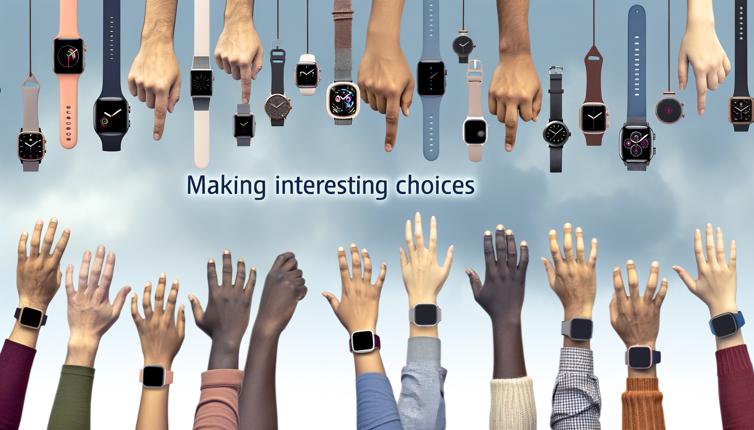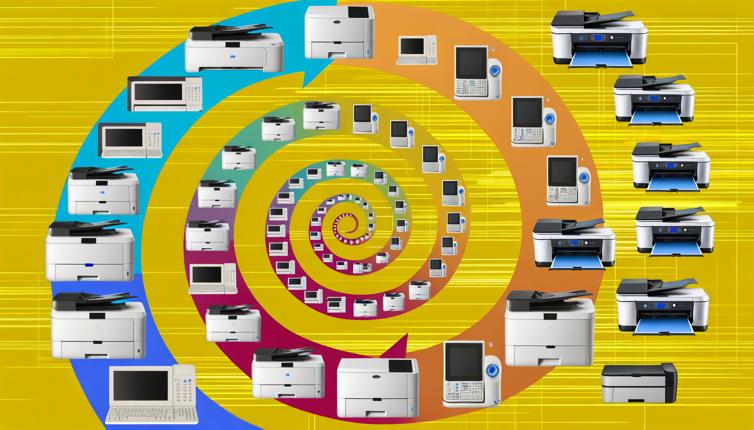Understanding Your Storage Needs
The first step in picking the right external hard drive is understanding your storage needs. Ask yourself how much data you need to store and how frequently you will be accessing it.,If you're a student or someone who uses their computer for basic tasks like browsing the internet and creating documents, a smaller capacity hard drive of around 500GB to 1TB should be sufficient.,On the other hand, if you're a professional who deals with large files such as videos or graphic designs, you might need a higher capacity hard drive of 2TB or more.,It's also important to consider whether you need a portable hard drive or a desktop hard drive. Portable hard drives are smaller and more lightweight, making them easy to carry around. Desktop hard drives, on the other hand, are larger and require an external power source.,Lastly, think about the connectivity options you need. Do you want a hard drive that can be connected via USB, Thunderbolt, or both? Make this decision based on the devices you currently use or plan to use in the future.
Researching the Best Brands and Models
Once you have a clear understanding of your storage needs, it's time to research the best brands and models available in the market.,Look for brands that have a good reputation for producing reliable and durable hard drives. Some well-known brands include Seagate, Western Digital, Toshiba, and Samsung.,Read reviews and compare the features and specifications of different models. Pay attention to factors such as read and write speeds, transfer interfaces, and compatibility with your devices.,It's also a good idea to check the warranty offered by the brand. A longer warranty period indicates that the manufacturer has confidence in the quality of their product.
Considering Other Factors
In addition to storage capacity and brand reputation, there are other factors that you should consider before making your final decision.,Think about the physical size and weight of the hard drive. If portability is a priority for you, opt for a smaller and lighter model.,Noise and heat generation can also be important considerations. Some hard drives are designed to be more energy-efficient and produce less noise and heat.,Lastly, don't forget to factor in your budget. External hard drives come in a wide range of prices, so it's important to set a budget and find a balance between features and cost.,By considering all these factors, you can make an informed decision and find the perfect external hard drive for your data storage needs.
Conclusion
In conclusion, choosing the right external hard drive for your data storage needs requires careful consideration of factors such as storage capacity, brand reputation, connectivity options, and budget. By understanding your storage needs and researching the best brands and models, you can make an informed decision. Additionally, considering other factors like physical size, noise and heat generation, and warranty can help you find the perfect external hard drive. So, take your time, do your research, and make a wise choice to ensure that your data is safe and easily accessible whenever you need it.









